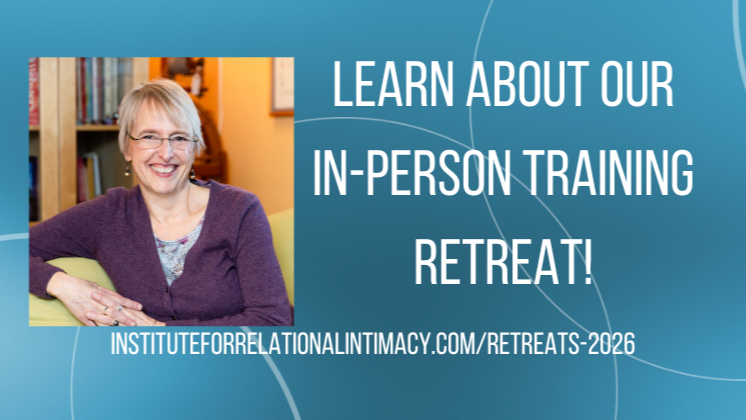Discussing Poly In The Aftermath Of An Affair (Part Two)
Jun 26, 2018
In the first part of this series, I talked about what happens when an affair opens the door to a discussion about poly. I explored what a therapist’s role is in this situation, and how you can honor the betrayed partner’s pain without shutting off the possibility of personal growth.
Now I’m going to turn to an aspect of this issue that can be incredibly challenging to work with: the relationship with the affair partner. Very often, the partner who committed the infidelity will be reluctant or unwilling to sever ties with the affair partner. They may see poly as a way of preserving that connection without sacrificing their relationship with the betrayed partner.
As a therapist, this can be challenging. You may well empathize with the betrayed partner, for whom a continued relationship with the affair partner is likely to feel threatening and unfair. It may feel like laying down an ultimatum is the best move to alleviate the betrayed partner’s distress and salvage the relationship. In fact, most couple therapists, including me, were taught that the extramarital relationship has to end in order for the couple to heal their relationship.
For a number of reasons, I don’t agree.
Paramount is that the partner who had the affair may not be willing to end that relationship, but still feel pressured to agree with the ultimatum. Many people in that situation don’t have a sufficient level of differentiation to have that hard conversation, especially with the alignment between the therapist and partner AND cultural expectation pushing against them. This is one area where poly competence enters the picture; adding the weight of the therapist’s bias in this kind of situation will support regression, and potentially deception and resentment, rather than promote the differentiated conversation that both partners (and sometimes the therapist) may be avoiding.
That said, it is very convenient if the partner who had the affair would like to take a break from the affair partner for a time while the original dyad sorts some things out. As a therapist, I find it difficult to feel confident that decision is coming from a differentiated place, rather than a conciliatory one. Of course, this is also true for the other partner. It is important not to make an agreement (for instance, to agree to having the third party involved for a time) without exploration of the thoughts, feelings, and desires associated with this choice.
This is a time I like to slow things way down. I try to make sure all agreements are framed as experiments, that there are ways to revisit agreements, and that nobody feels trapped without having had multiple opportunities to voice a different opinion.
I think it is important to let couples know that infidelity is common, that most marriages recover from it, and that poly exists and can be a viable option that furthers connection and benefits all involved. The whole treatment strategy leans heavily on supporting differentiation of self, because without the ability to make and keep agreements, neither monogamy nor poly is likely to work well.
If, after honest discussion, if the couple decides to keep the relationship with the affair partner, and be honest about it, that decision will test both partners’ growth edges far more than simply pretending to drop it. They will each be challenged to be honest with their partner about an incredibly difficult subject that evokes strong feelings for both of them. Rather than hiding their actions or their true self in order to preserve the relationship, they will have show their whole, authentic being to their partner, including the parts that aren’t so easy to accept.
Challenging both partners equally in a situation involving an affair is not 101 stuff. It’s incredibly challenging, for the therapist as well as the clients. But if your clients can learn to keep steady and stay curious, it’s very possible for them to rebuild an honest relationship that honors both of their authentic selves.






